|
What Next? - Dr.
Farrukh Iqbal, new Dean & Director, shares his vision
for IBA
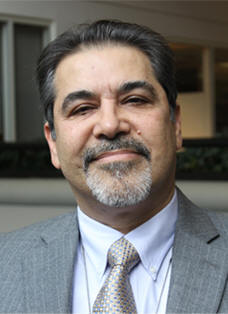
After an intensive extra/co-curricular and
infrastructural revamp, what should we expect next at
IBA? Dr. Farrukh Iqbal shares a few thoughts in his
interview with the Alumni Affairs Team.
IBA has changed substantially over the last eight
years. What are your aspirations for the next phase of
development?
IBA has indeed undergone substantial transformation in
recent years. In particular, it has experienced rapid
growth in student enrollments, faculty hiring and the
opening of new centers and programs. In line with the
classical pattern of successful organizational
development, IBA now needs to enter a period of
consolidation. The initiatives that were launched in
recent years need to be reviewed and adapted as
necessary. For example, we need to see how the market is
receiving the offerings of some of our new centers and
programs and whether these need to be tweaked in any
particular direction to better meet the needs and
expectations of our clientele. We also need to integrate
new courses and faculty into our programs in a way that
best meets the needs of our students and better equips
them for productive careers.
Among my priorities in the consolidation process will be
the further strengthening of our faculty. I hope to see
our faculty recognized inside and beyond the Institute
for excellence in both research and teaching. The
mission of the Institute can best be served by creating
an environment where both scholarship and practice are
given adequate weight.
In your opinion, what are the major challenges ahead
to sustaining recent changes as well as the vision that
you hold for IBA? How can they be best overcome?
I am too new in my job to have well-defined views on the
challenges and opportunities facing IBA. So I propose to
take advantage of the knowledge and experience of
existing faculty, staff and alumni in this regard. By
engaging in a process of listening and learning over the
coming months, I hope to determine how best to build on
the existing strengths of the Institute, how to convert
areas of weakness into new areas of capability, and how
to seize the available opportunities for improving
teaching quality and student performance.
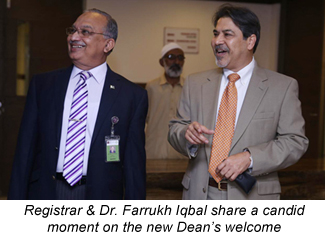 You
possess a rich background in development economics and
political economy issues. How do you plan on
capitalizing on your past experiences in your current
role as Dean & Director IBA? You
possess a rich background in development economics and
political economy issues. How do you plan on
capitalizing on your past experiences in your current
role as Dean & Director IBA?
In recent years, IBA has been transformed into a
mini-university focused on business and public policy
matters. The addition of departments of economics and
social sciences in particular have broadened the scope
and potential role of IBA. It is in this broader domain
that I hope to use my own previous experience at the
World Bank to shape IBAs future contributions in the
public policy arena, in the design of curricula, and in
outreach to the development community of Pakistan which
includes government officials, NGOs, the media, the
private sector, international donors and of course our
own students.
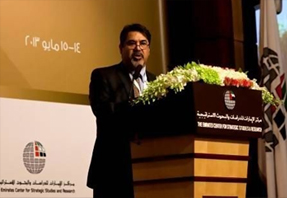 As
IBA focuses inward on its development plans, new
institutions are vying to take IBA’s spot. How can IBA
sustain its competitive edge in such times? As
IBA focuses inward on its development plans, new
institutions are vying to take IBA’s spot. How can IBA
sustain its competitive edge in such times?
I feel that the reputation of an educational institution
is ultimately determined by the jobs that are obtained
by its graduates. In turn, this is determined by student
quality as perceived by potential employers. To maintain
or enhance our reputation we must pay attention to
producing high quality graduates. Many inputs go t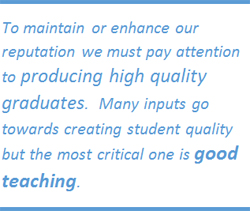 owards
creating student quality but the most critical one is
good teaching. The quality of teaching experienced by
our students is our responsibility and we must ensure
that we continue to do well in this area. I plan to work
with our faculty to find ways to attain this objective
systematically and continuously. owards
creating student quality but the most critical one is
good teaching. The quality of teaching experienced by
our students is our responsibility and we must ensure
that we continue to do well in this area. I plan to work
with our faculty to find ways to attain this objective
systematically and continuously.
IBA
Alumni have played an instrumental role in resource
mobilization efforts in the last few years. In what
capacities can alumni continue to contribute to IBA's
growth?
Alumni are important to high-performing educational
institutions in several roles. For example, they
contribute to resource mobilization efforts which
sustain scholarship programs, faculty development
programs and capital projects. They also play an
important role in the placement of graduates. A
well-functioning alumni network is probably among the
cheapest and most useful investments we can make in our
future. I look forward to involving alumni more
effectively in our job placement and career development
efforts.
Since many of our alumni are well-established in
business careers, we should continue to benefit from
their experience and knowledge by engaging them as
visiting faculty and having them contribute ideas and
content for business case studies.
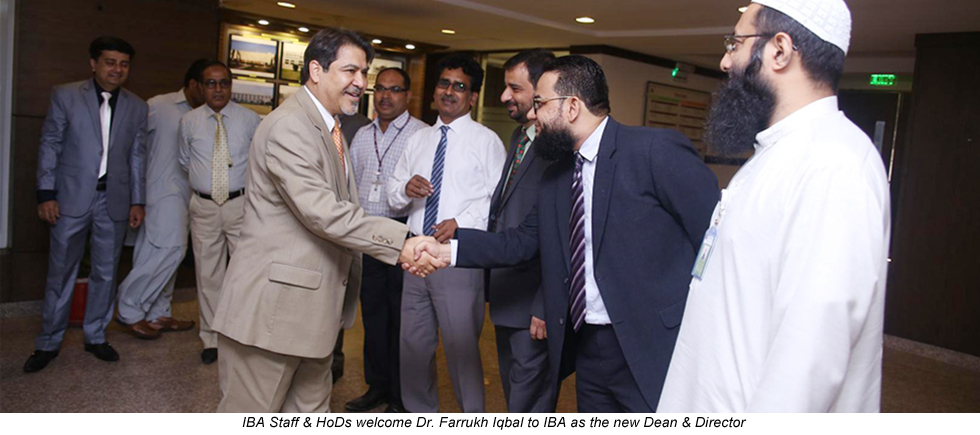
The Alumni Community sent in messages congratulating
the new Dean on his appointment and wished him all the
best:
It gives me immense pleasure to hear about the induction
of Mr. Farrukh Iqbal as Dean & Director IBA. My only
request being a thorough professional executive in one
of the well-esteemed financial organizations is to
inculcate the culture of following time meticulously as
it was in the period of Dr. Abdul Wahab – a golden
period for IBA in terms of punctuality, meritocracy and
discipline. I am highly blessed that I was the part of
IBA graduating batch of that period. Two things that I
learnt from IBA which gave me great success in my
professional life: value time, and institutions are
always supreme than individuals. Without IBA, I would
not have been who I am today. Thanks to my IBA.
-Rana Shaheen (AVP/BM Askaribank Ltd.)
My best wishes to Dr. Farrukh Iqbal and all well-wishers
of IBA Karachi.
-Prof. A. G. Saeed (Director ORIC, Dadabhoy Institute of
Higher Education, Karachi)
Congratulations on appointment of Dr. Iqbal! We hope
that Dr Iqbal will be an asset to IBA. - Syed Masroor
Hasan
More than pleased to learn Ma Shaa ALLAH. - Faisal
Khalid (Alumnus 2006)
We wish him all the best in his future. - FAZAL UL HAQUE
We give Dr Farrukh the best wishes. - Vinod Kumar |